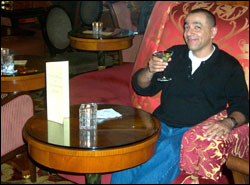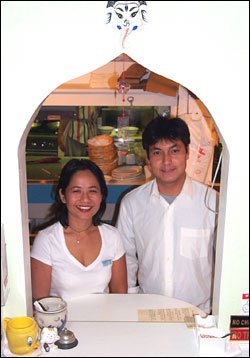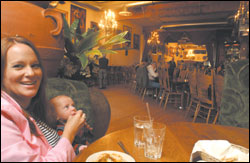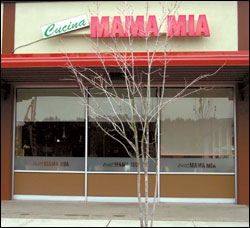An essential component of any great city: a great hotel. London without the Savoy, Paris without the Ritz, New York without the Plaza? Unthinkable. Singapore without Raffles? It survived both Japanese occupation and Lee Kuan Yew’s draconian capitalism. Hong Kong without the Peninsula and its signature fleet of green Rolls-Royces? No dice. Fabled Isfahan without the caravansary Abbasi? Even a puritanical Islamic revolution hasn’t touched Iran’s greatest hotel. Great hotels are timeless. We will be to you as towering cathedrals and grand mosques were to Renaissance Europe, they say to the international traveler. In the age of tourism, we’re all that’s left that is holy.
I could go on. In fact, I will. M. Eiffel’s tower may soar above Paris, but many consider the opulent lobby of the Negresco in Nice his real masterpiece. Zelda Fitzgerald may have cracked up back home, but the seeds of her sumptuous psychosis were sown at l’Hotel du Cap d’Antibes (which back then didn’t take Gerald and Sarah Murphy’s promissory note and won’t take your Mastercard now, dear reader. Cash only, please.)
Seattle has long yearned for a place on the list of great cities. But in hotel terms, our little emerald is no jewel. The Cadillac in Pioneer Square lies in ruins, the victim of an earthquake and subsequent neglect. The once-splendid Moore is as bedraggled as the Second Avenue street life that fronts it, its swimming pool, once graced by Esther Williams, long a lowly storage area and nowhow the mighty are fallendestined to be yet another Belltown nightclub.
Thank God, thento finally come to the pointfor the Sorrento: because Seattle really needs a world-class hotel with a great restaurant and an unrivaled vantage point on top of a hill. Built in Italian Renaissance style by Harlan Thomas, the Sorrento opened its doors during the Alaska-Yukon-Pacific Exposition of 1909, but thanks to extensive remodels in 1980 and 2002, it is in mint condition today. The view, a few ugly skyscrapers apart, is still terrific. As for food, the hotel’s house restaurant, the Hunt Club, is that rarity in an age of corporate hoteldom, a culinary magnet in itself.
On a recent night, our dinner started with the amazingly fresh seafood misto ($13), an array of grilled tiger prawns, sea scallops, and house-cured salmon with tomato vinaigrette and crunchy greens, followed by an excellent caprese salad ($8) with heirloom stupice tomatoes and fresh buffalo mozzarella drizzled with olive oil and a zippy balsamic vinegar.
WHILE DECIDING at a leisurely pace what to order for the main course, our server stopped by and asked if we would care to look at The New York Timesa gesture we interpreted to mean that the house was in no hurry for us to clear our table, and that the kitchen would wait while we decided. Which at last we did in favor of a breast of Sonoma duckling ($30), served with braised endive, grilled peaches, and figs. The dish proved the very definition of culinary inspiration. To spoil ourselves further, we indulged in sides of silky mashed potatoes and butter-glazed baby carrots ($3 each).
A bottle of Ravenswood zinfandel ($32) did yeoman service as a wine, but in the potables department things peaked with an after-dinner glass of Graham’s 20-year-old tawny port ($14). Wonderful on its own, it was even more glorious accompanying a sorbet of fresh peach flavored with anise hyssop ($7). And an order of profiteroles: three heavenly cream puffs filled with vanilla ice cream and served with caramel, chocolate, and berry coulis ($8).
But if the dessert was heavenly, it was the overall ambience, the dim lights and upholstered chairs, the white tablecloths and brocaded bolsters (to lean on after the pastries), that was truly magical. It was the Hunt Club’s zeitgeist, as it were, that transported us to another, cozier time and place. As we rounded off our meal with coffee, well tended, well fed, and well satisfied with the evening, we might as well have been at the George V in Paris, getting ready to shop Place Vend� or in any number of other places where, for lack of a fat enough wallet, we are rarely to be found. The ultimate role of a great restaurant in a great hotel in a great city is to connect, a place where fancy and aspiration temporarily open cloudless vistas to us workaday inhabitants of the mundane. And that’s something the Hunt Club does seamlessly.
P.S. Bring your credit card. Unlike l’Hotel du Cap, they do take plastic.








